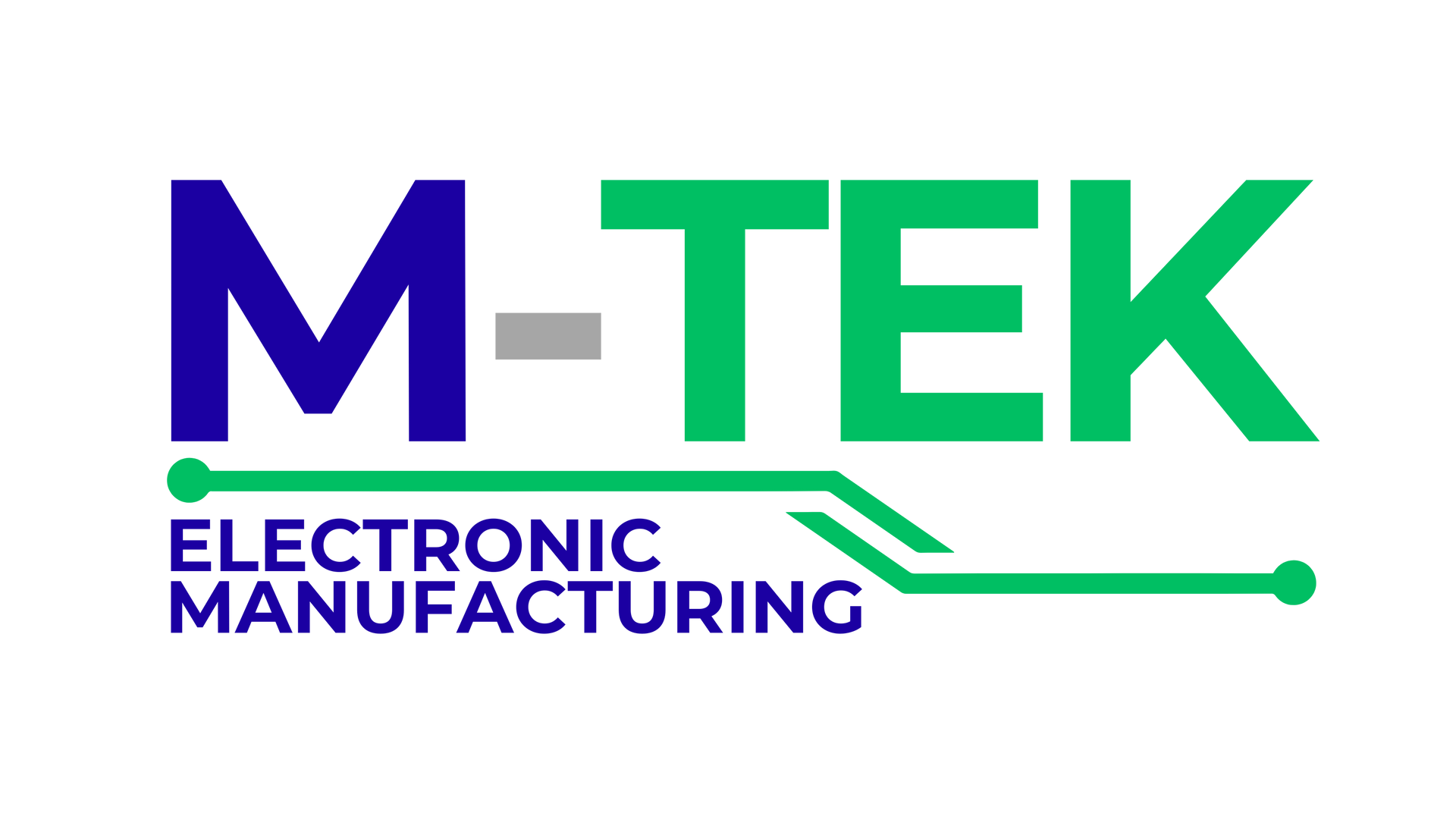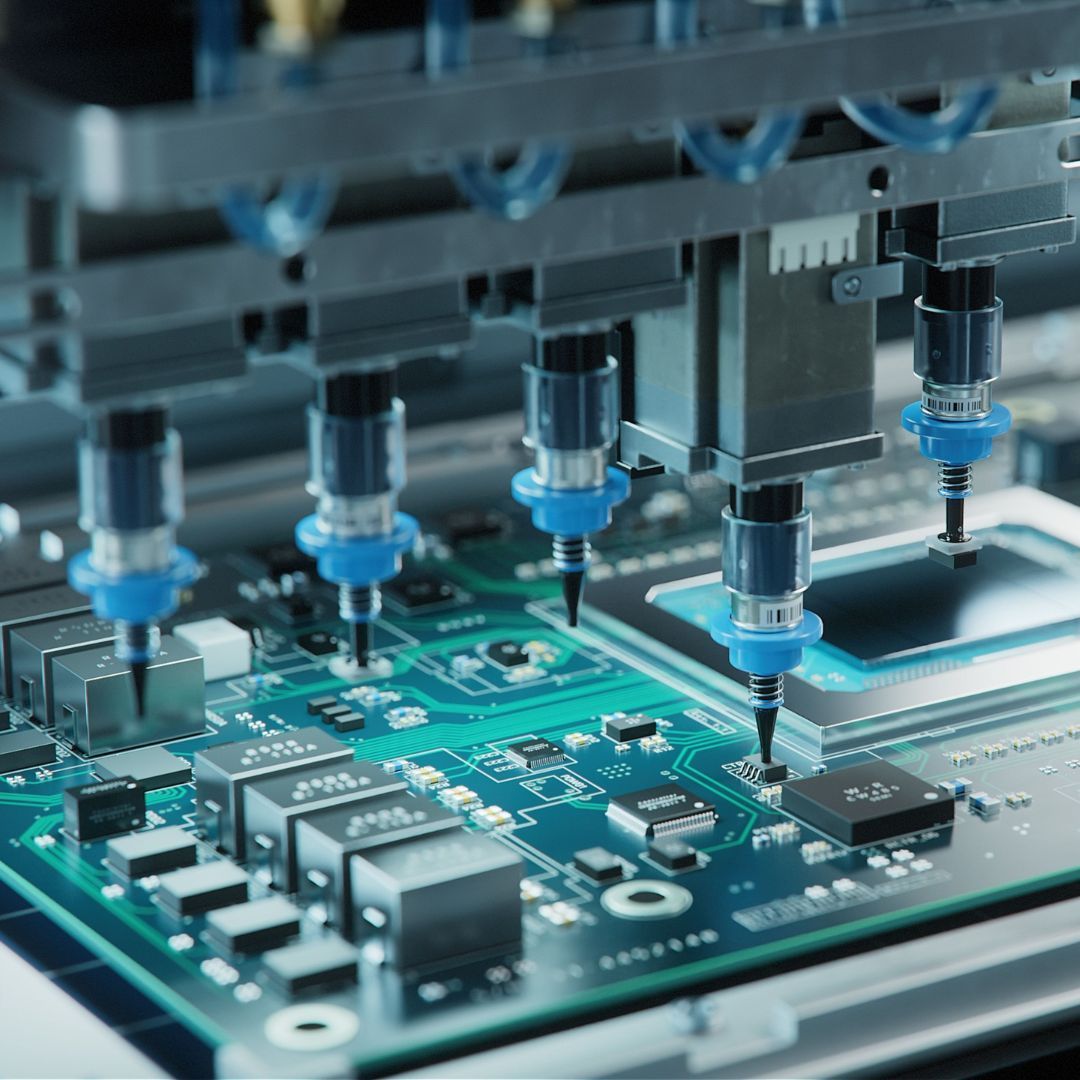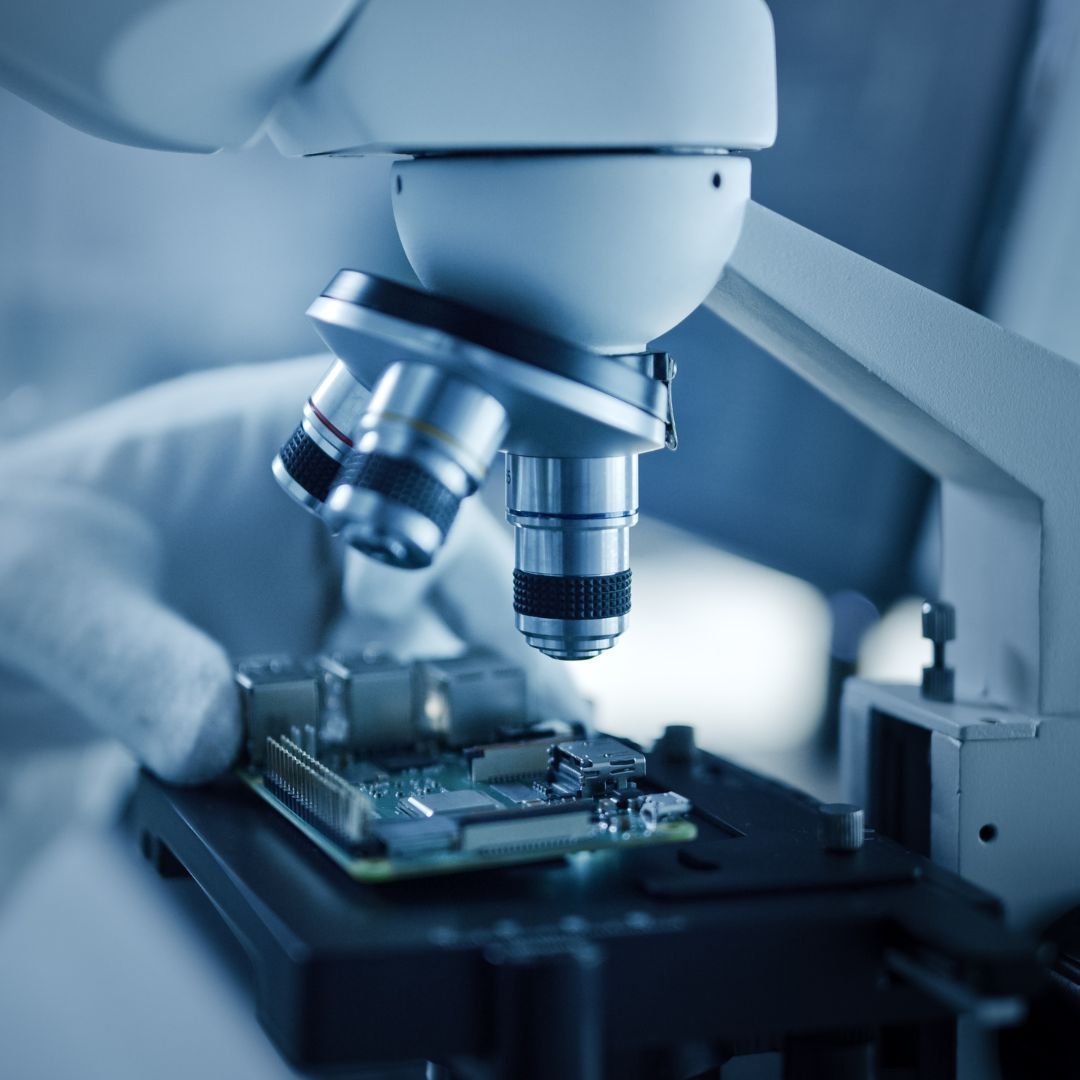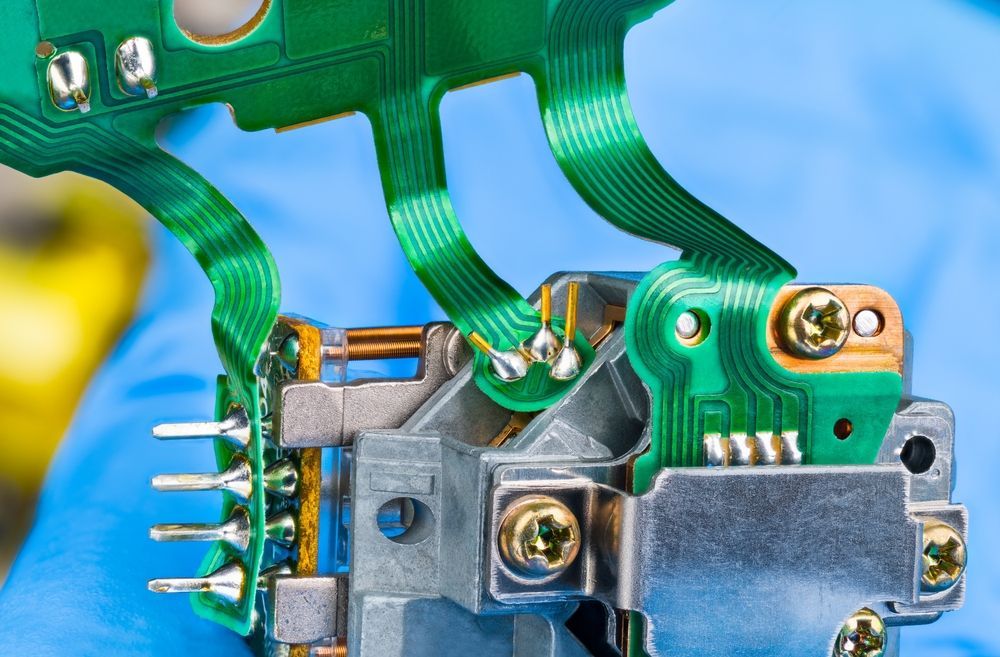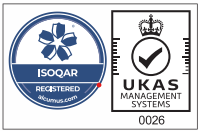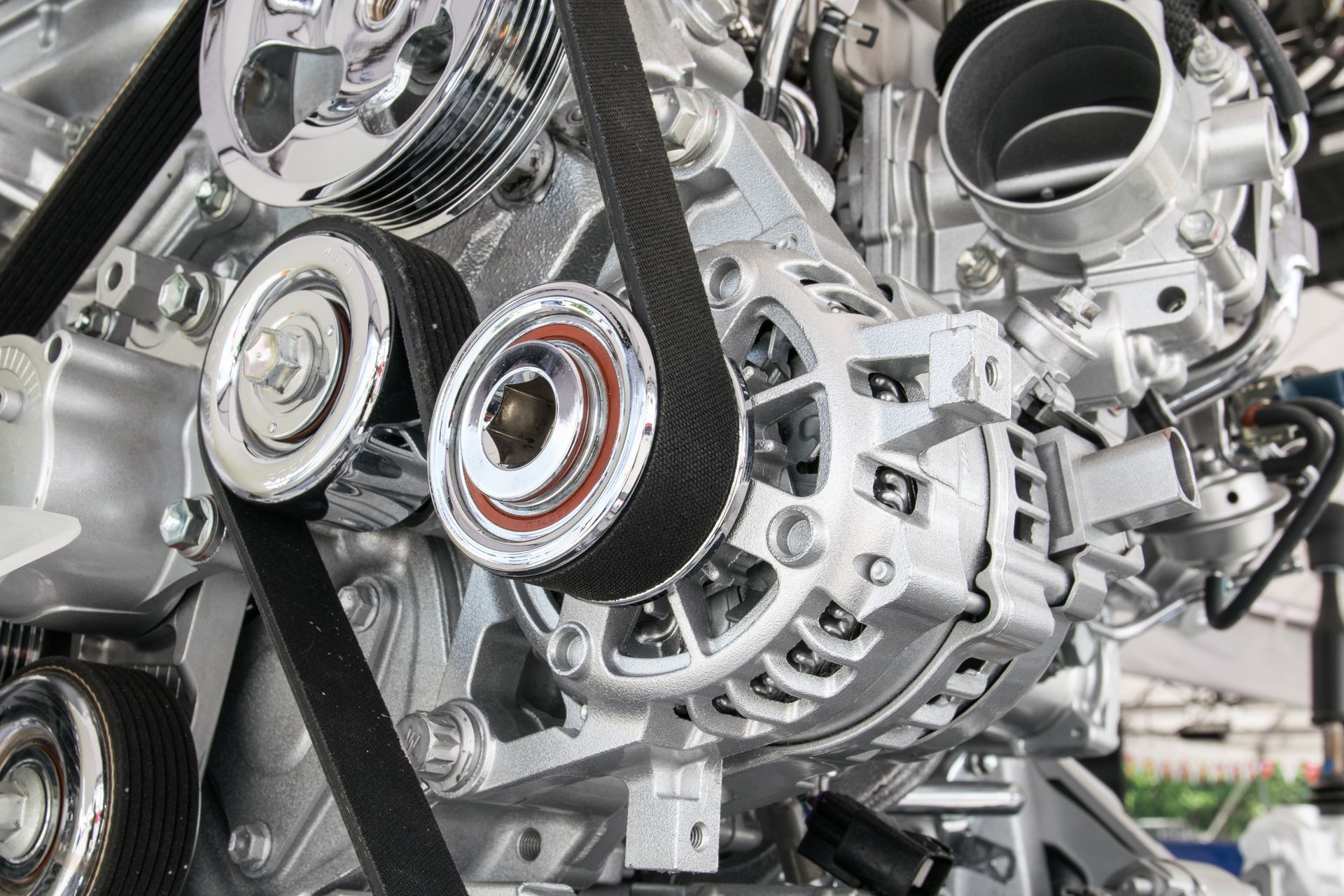
The automotive industry has always been at the forefront of technological advancements and innovation. One of the key factors driving progress in this industry is the ability to rapidly prototype and iterate designs.
Rapid prototyping has revolutionised the automotive sector by enabling faster development cycles, improved design quality, and cost savings.
In this article, we will delve into the benefits of rapid prototyping in the automotive industry and explore how it has transformed the way cars are designed and manufactured.
Accelerated Design and Development Process
Rapid prototyping allows automotive manufacturers to accelerate the design and development process. Traditional methods of creating physical prototypes involved time-consuming processes such as machining and moulding.
With rapid prototyping, computer-aided design (CAD) models can be transformed into tangible prototypes within hours or days, significantly reducing the time required to evaluate and validate designs. This speed advantage enables manufacturers to bring new vehicle models to market faster, gaining a competitive edge in the industry.
Enhanced Design Validation
Validating a design before mass production is crucial to avoid costly mistakes.
Rapid prototyping enables designers and engineers to create physical prototypes that
closely resemble the final product. These prototypes can be tested for various parameters, including aerodynamics, structural integrity, and functionality.
By conducting these tests early in the design phase, potential flaws and performance issues can be identified and rectified swiftly. This
iterative process helps optimise the design, resulting in higher-quality vehicles and reducing the likelihood of design flaws reaching the production stage.
Cost Savings
Traditional prototyping methods often involved substantial upfront costs, especially for tooling and moulds. These costs made it difficult to justify multiple iterations or design changes.
Rapid prototyping eliminates the need for expensive tooling, as prototypes can be directly produced from digital CAD models.
As a result, automotive manufacturers can easily iterate on designs and make modifications without incurring significant expenses.
Furthermore, identifying design flaws early in the process helps avoid costly production errors, reducing overall production costs and minimising the risk of recalls or warranty claims.
Customisation and Personalisation
Consumers today expect personalised experiences, even when it comes to their vehicles.
Rapid prototyping enables automotive manufacturers to explore customisation and personalisation options more efficiently.
By quickly creating prototypes of various design iterations, manufacturers can gather valuable feedback from customers and make design changes accordingly. This iterative process ensures that the final product meets customer expectations, enhancing customer satisfaction and loyalty.
Collaboration and Communication
Rapid prototyping facilitates better collaboration and communication among design teams, engineers, and stakeholders. Physical prototypes provide a tangible and visual representation of a design concept, making it easier for teams to discuss and evaluate different aspects of the vehicle.
Design iterations can be quickly shared and reviewed, allowing for more effective feedback and decision-making. This collaborative approach helps streamline the design process and ensures that all stakeholders are aligned throughout the development cycle.
Final Thoughts
In conclusion, rapid prototyping has become a game-changer in the automotive industry, revolutionising the design and development process. Its benefits, such as accelerated design cycles, enhanced design validation, cost savings, customisation options, and improved collaboration, have made it an indispensable tool for automotive manufacturers.
As technology continues to advance, we can expect rapid prototyping to play an even more significant role in shaping the future of the automotive industry, leading to the creation of innovative, efficient, and customer-centric vehicles.
M-Tek
At M-Tek Assembly we have decades of experience within the automotive industry. We have accomplished a
net-zero carbon footprint by using electric vehicles, and for all PCBs we build, we plant a tree. Contact us today for assistance on anything regarding PCBs and rapid prototyping. Call
01189 455377 or follow us on
Twitter to learn more about our products and services.
